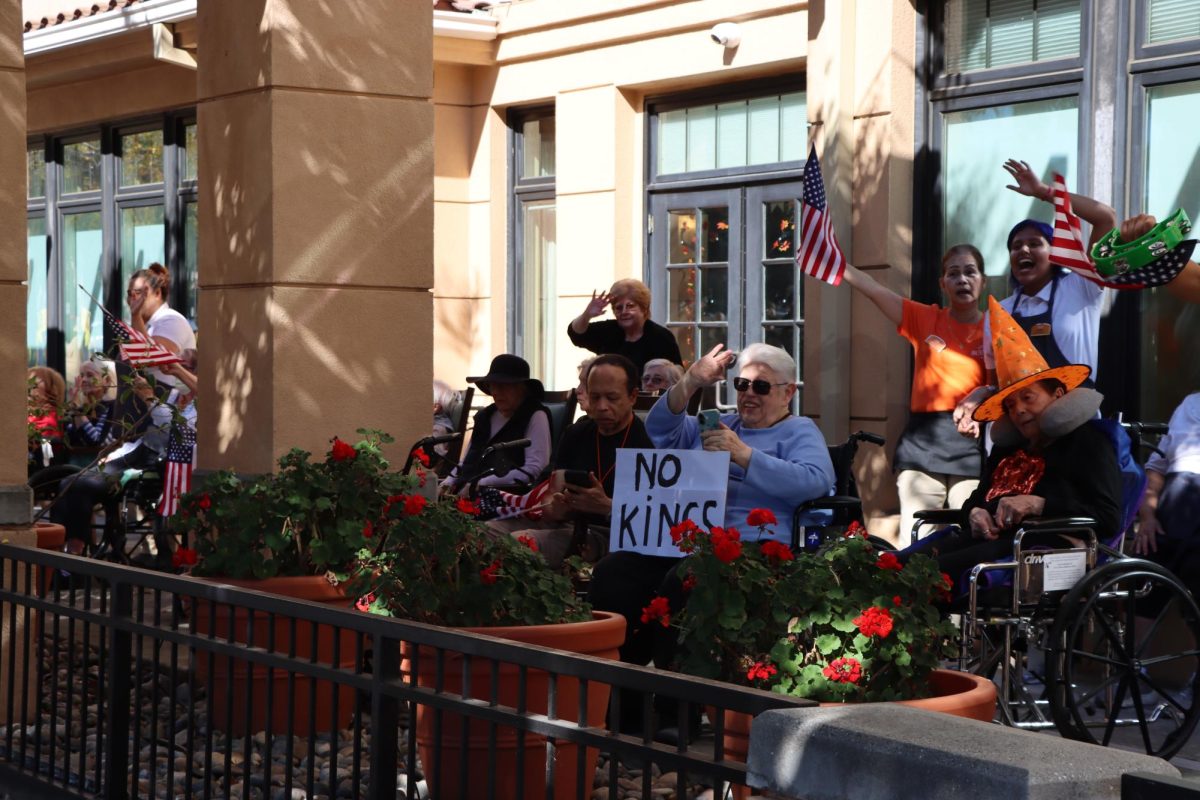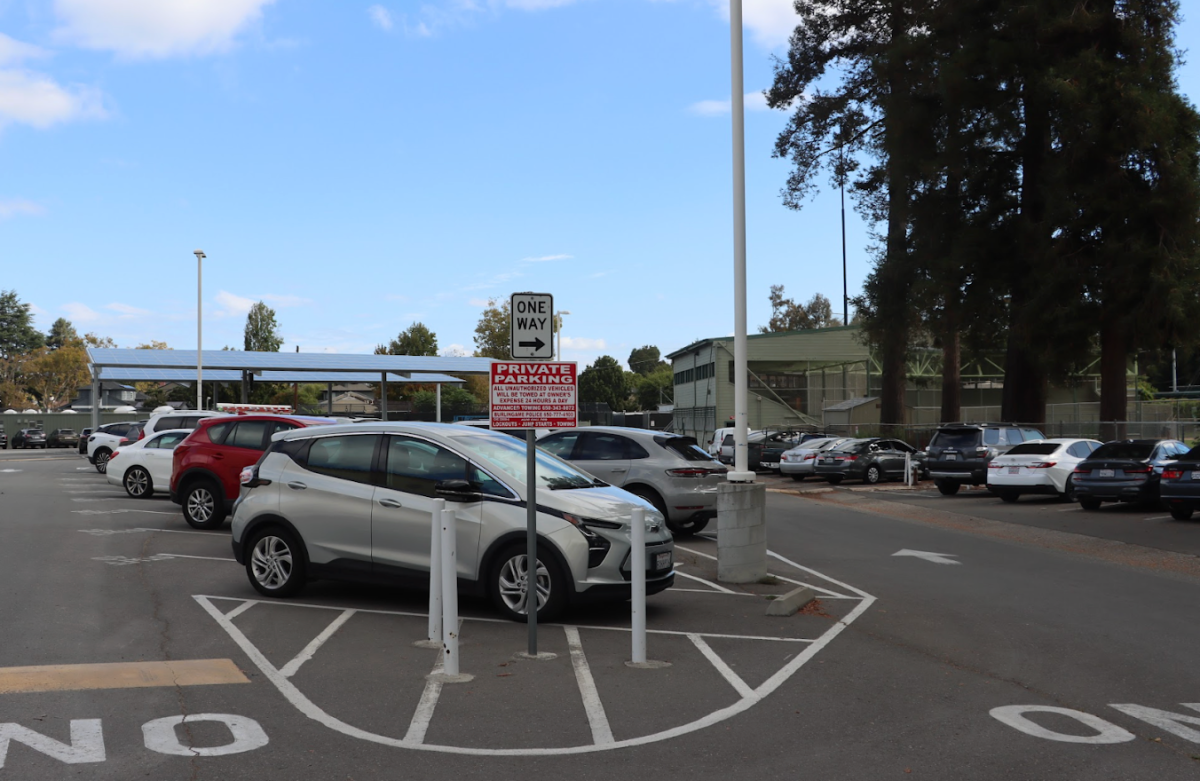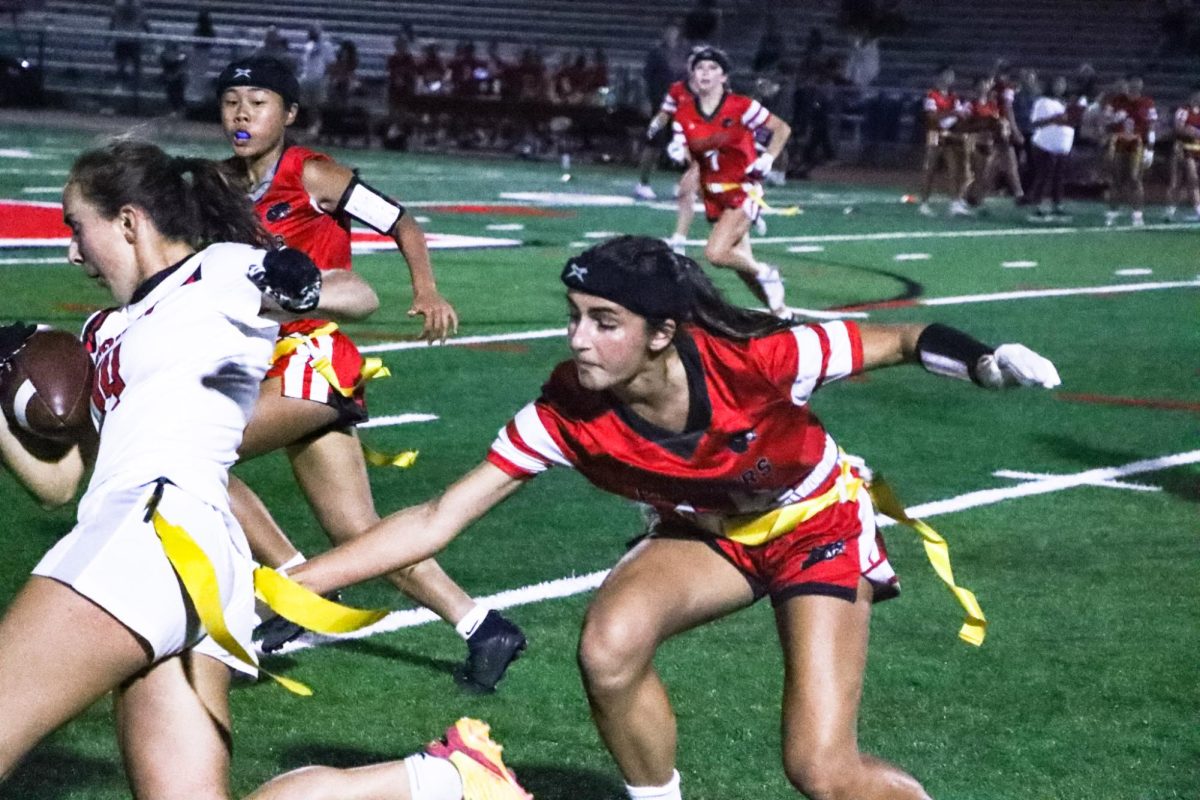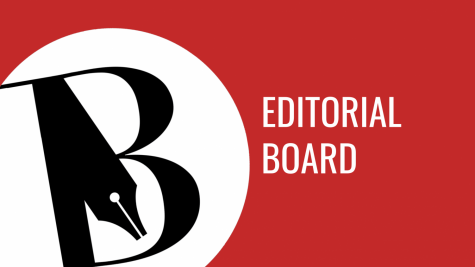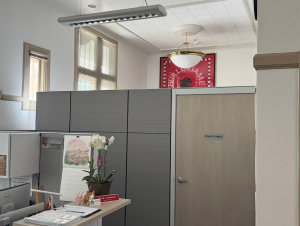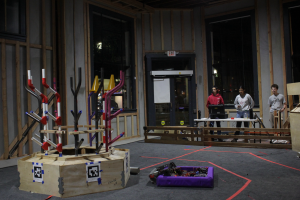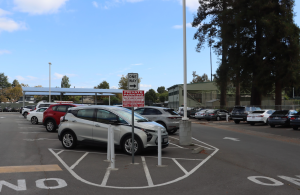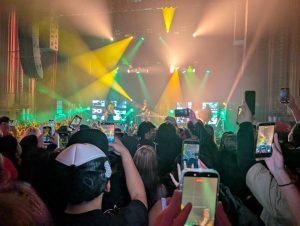Defining our history
March print issue 2020
March 19, 2020
We are currently living through a momentous period in worldwide history. With the spread of COVID-19, we have witnessed widespread shutdowns, hysteria, mass quarantines and other unprecedented measures. If we dare to venture outside of our homes, we see a ghost town—cars no longer ramble along the streets, store shelves are near empty, strangers in masks distance themselves from us. As students and teachers, we have struggled to adapt to online learning and keep ourselves sane for long periods of isolation. We question our futures, from prom to graduation to the increasingly likely possibility that this situation will irreparably damage our communities and our economy. While this challenging time affects every person differently, it is important that we realize that we are not alone and that we will get through this.
Just like the millions affected by the various emergencies in our past, from the diphtheria outbreak of the 1920s to the Great Depression, we will survive. And just like the people who lived through similar states of emergency, we have the power to control how this part of our history will go down. In only a matter of years, this period of our lives could be a subject on some future high school student’s AP U.S. History test. So what kind of legacy do we want to leave? How do we want to shape this period of history?
First and foremost, we must remember our responsibilities. High school students, because of our young age, have fewer risks when it comes to the mortality rate of COVID-19, unless we have conditions like asthma or diabetes that make us more susceptible. However, we must not dismiss the dangers of this virus. COVID-19 particularly threatens older people and those with immune deficiencies, meaning our parents and grandparents are especially at risk. Because younger people are more likely to be asymptomatic carriers of COVID-19, we must take extra precautions to avoid infecting the people around us. We must remember that our actions have serious consequences on the important people in our lives and act accordingly. We must practice social distancing, frequent hand-washing and other measures to ensure that we do not worsen the current situation.
In addition to taking care of our physical health, we must not ignore our mental and social health. The government recommends creating a routine to establish normalcy during this abnormal period in our lives, including making the effort to get a recommended amount of exercise and going outside. Just taking a daily walk can impact how we react to the stress that we face during this quarantine. As Principal Paul Belzer advises, students should also strive to establish a safe place for themselves where they can focus on their academic work without the interruption of home life. If a student finds themselves in a situation where they feel unsafe in their home during this time of quarantine, they should reach out (resources are available from the National Domestic Violence Hotline at (1-800) 799-7233 or on their website). During this trying period of our lives, we must remember to take care of ourselves and our loved ones, whether that means listening to music for some alone time, baking to destress or reaching out to friends digitally.
We also cannot allow this unprecedented period of our lives to influence how we treat each other. As addressed in staffer Hanna Sato’s opinion piece, there are racial ramifications to this virus which are aggravated by an overall sense of ignorance and misguided anxiety. Our president has unfortunately come to call the coronavirus the “Chinese virus” in his tweets, only exemplifying the behavior that we, as a society, must avoid. The fear we experience in the face of this national emergency does not excuse mass xenophobia or racism, and this kind of thinking is counterproductive in our efforts to move past this trying period of our lives. Widespread fears about COVID-19 necessitate social distancing and other precautionary measures, not widespread displays of racism.
COVID-19 introduces unprecedented fears and reactions, but we must remember that we will get through this state of emergency. We must remember that we are a part of history, and we have a responsibility to shape how this part of our lives plays out. From our editors working hard to bring the facts to the masses sequestered at home, we wish you luck.

